St. Louisans talk about diversity, we talk about being sensitive to everyone, yet our actions don’t speak very loudly. When Ferguson happened, it was emotional, but it’s been happening. There was no surprise for me because these things happen constantly and it’s not just about the incident that happened in August. It’s how we embrace each other as a city and how we embrace one another as humans, how we connect with people, and how we have choices about who we connect with. It’s what I live every day. Having an advanced degree, a pretty successful career, and a trajectory in education, I still go places and my color and my gender are constantly in my face. I’m constantly reminded of who I am and how I show up, and it’s not always a positive experience. It’s messy when you talk about race in a meaningful way.
We won’t get beyond where we are without having to have some very hard and courageous conversations with one another about our current state and our current reality.
When people say, “Well, I don’t see color.” Well, then you don’t see me. If you can’t see that I’m an African American female, then you’re not seeing me. In 2015, that’s sad. One of the positives of all this is that we have a national platform looking to us, holding us accountable, and waiting to see. At some point, the actionable items will need to come. It takes time. It didn’t get like this overnight. We won’t get beyond where we are without having to have some very hard and courageous conversations with one another about our current state and our current reality.
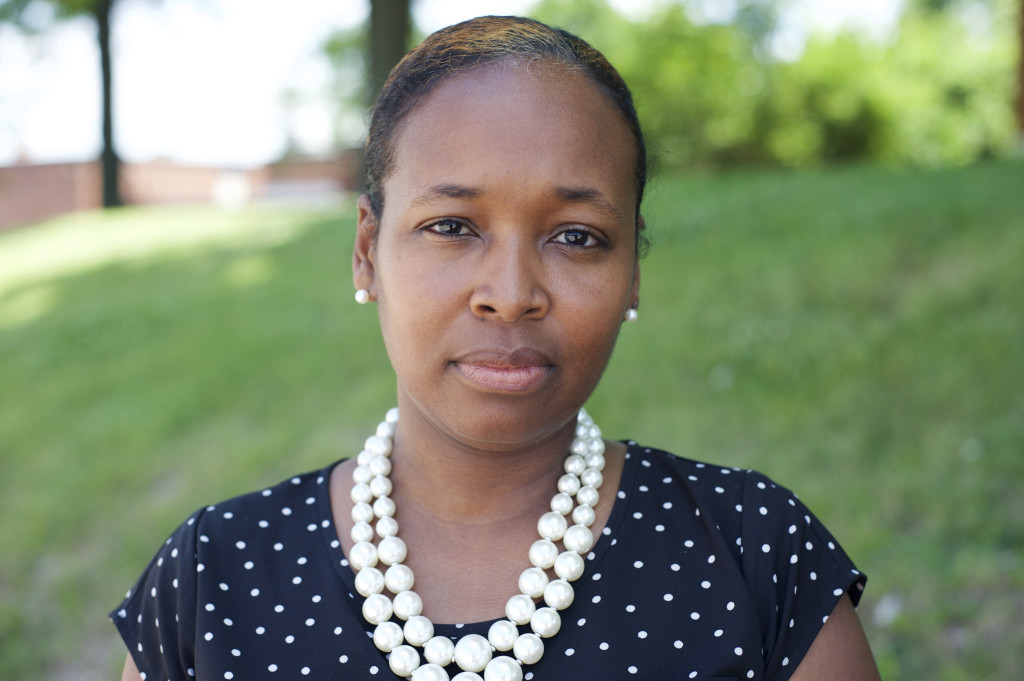
Sharonica Hardin, photos by Lindy Drew
There’s a recent publication where folks are looking at zip codes and educational opportunities that you have simply based on where you live. That’s a start, but we know that. We know that in Clayton versus Normandy there are different types of educational opportunities. It doesn’t take a publication. It’s there. It’s been that way for years. It’s an epidemic. We know what to do. We’re just paralyzed to do something. There are some entities trying to have those conversations in town halls and focus groups to talk about it, but there’s little action to this point. Everyone says, “Every child needs a quality education, families need to have the services they need, and we need to end the cycle of poverty.” We are very polite in our approach. We don’t want to push the envelope too much. We’ll acknowledge it. But, we know exactly what we need to do to fix schools. It takes resources, it takes human capital, and it takes expectations to really believe that our kids can learn.
We have amazing teachers throughout this region and they need to be supported by a system that values their expertise, nurtures and promotes their development, and provides the appropriate resources they need in order to impact the lives of the students they serve.
Students need to have a voice and a space that’s there for them to dialogue. We created a social justice club and the students did an “I Am Human” project. They really embraced looking at the issues on a national perspective and then connecting it back to Ferguson. It’ll say things like, “I’m Sharonica. People think I’m shy, but really I’m a social butterfly.” Or, “I’m Asian. People assume I’m the smartest kid in class, but really school is hard for me.” It’s like, “You see this, but you don’t know my story.” The common piece about all of it is that we’re all human.
When you walk through your community, do you feel safe? Do you feel comfortable at night? Do you feel okay if you have to walk your dog? If people don’t feel safe and secure with some sense of viability and quality of life, that’s when things happen that are not positive. How do you change those systems so it’s not the norm to hear sirens and gunshots? There are people who are sterilized to it. “Somebody got killed last night? Oh, okay.” How do we change that so it’s the exception and not our normal? We do have a poverty issue, unemployment issue, and educational gap issue. We also have the right people and resources in St. Louis, and every community should have that same level of safety and security.
Given the opportunity to have a voice to be able to put some actionable things in place and not take that opportunity, then shame on me. It’s my responsibility to be at the table and have a voice.
“Why do you go to the Child Well-Being and Education Equity working group meetings?”
I can’t sit behind on the sidelines and complain about it. I work with children for a living. So I have a very practical perspective about what’s happening in K-12 education and, more importantly, throughout our region. Given the opportunity to have a voice, to be able to put some actionable things in place, and not take that opportunity, then shame on me. It’s my responsibility to be at the table and have a voice. I have no agenda except to make it better. I don’t have an ego. I don’t have a title. Some people don’t even know I’m in the working group. I’m doing it because it’s the right thing to do and I believe it can get better.
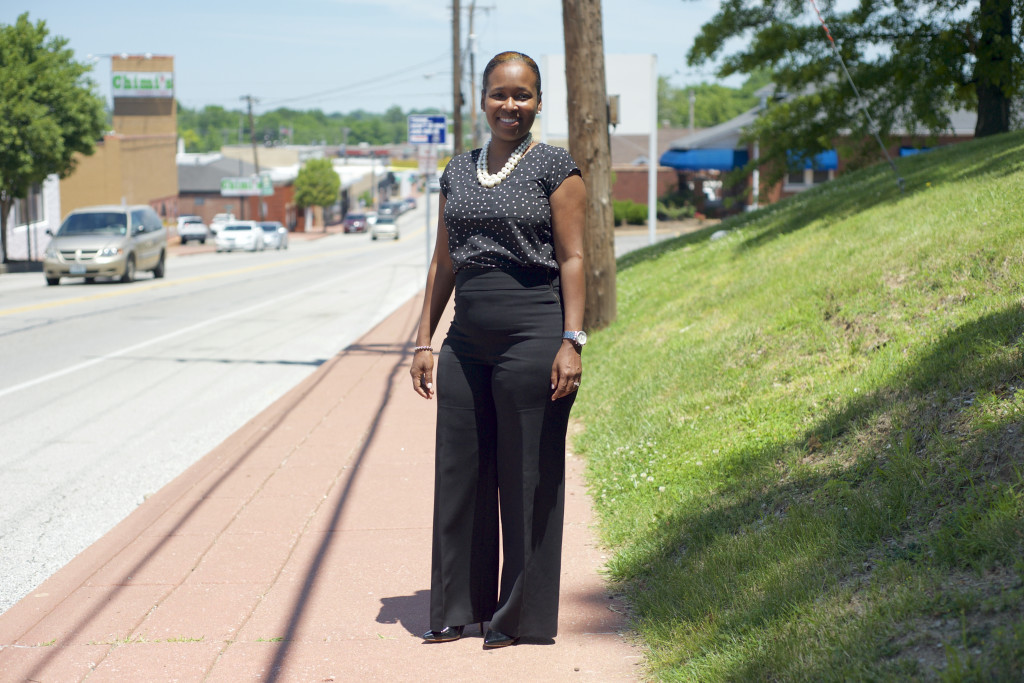
“What would be your advice for people to put one foot in front of the other? To take a step, to get involved, to do something?”
They have to be there. Or, get other people there. If they’re in a position where they may not be able to articulate their thoughts, bring someone who can. Bring a friend. Bring someone from the community. Keep this effort front and center. Ferguson’s over, and it’s typical St. Louis to say, “Back to business as usual.” Yikes! It can’t be that. It’s such a significant time right now. It takes all hands on deck. So, I’d just encourage all people that as difficult as it is, to stay with it. It’s important. It’s needed. Desperately.
We’re not just watchers anymore. And we’re thinking, not shrinking. This is powerful for me because this is my vision for every child’s education.
We have a large number of kids who come to school, and I know their home life is not a bed of roses. But, they’re here, they’re present, they’re alert, they’re respectable, and they want an education. Our students told us at our retreat, “We don’t want the easy teacher who’s cool and just wants us to sit back and get the grade. We want the teacher who’s going to challenge us and have high expectations of us.” So, when we asked the question, “What do we need to do differently?” they said, “Hold the teachers accountable. Don’t let that teacher not teach us. It’s that teacher’s job to educate us, so hold them accountable.” I see kids being more aware of their civil right to education. They’re demanding that by saying, “We want excellence in our classrooms.” Is this an unrealistic expectation? Shouldn’t quality be the norm and not the exception? We have amazing teachers throughout this region and they need to be supported by a system that values their expertise, nurtures and promotes their development, and provides the appropriate resources they need in order to impact the lives of the students they serve.
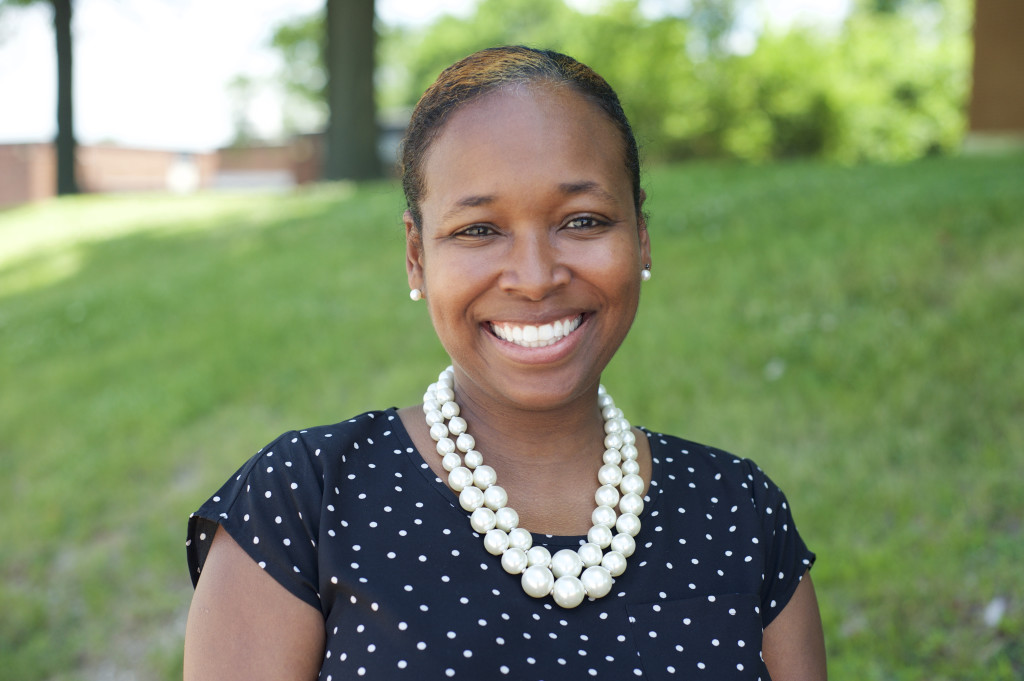
I have a three-year-old, and as a parent I constantly ask myself, “Where am I going to send her to school?” Many of our school systems are not effectively meeting the needs of every child and, in some instances, they are simply dysfunctional. Even the ones doing well, they’re not doing well for all children. I think about that a lot. I think about my own children and the experiences I want for them. In St. Louis, we’re not at a point where schools or districts should be tooting their horns. Because if you disaggregate the data, we have very few school systems doing well for all students. Oftentimes we say, “Is that child ready for the school?” Change the question. “Is the school ready for the child?”
In St. Louis, we’re not at a point where schools or districts should be tooting their horns. Because if you disaggregate the data, we have very few school systems that are doing well for all students.
My mom lives in Dellwood about a block from the QuikTrip that was burned down in August. I drive down West Florissant constantly. What was interesting is that the QuikTrip building there was dilapidated for months. There’s another building in the same condition at Chambers and West Florissant. And in another community, this type of neglect would not be tolerated. It looked like a war zone. That community felt so insignificant. In another community, the buildings wouldn’t have been there for a day. They would have torn it down that night. It certainly wouldn’t have taken almost a year. And the dilapidated buildings provide a visual representation of so much hurt and pain. So, you have people going about their lives, but how insignificant would you feel as a person? That’s your community and where you live, yet it’s not important enough just to make it presentable. It’s like, where’s the value?

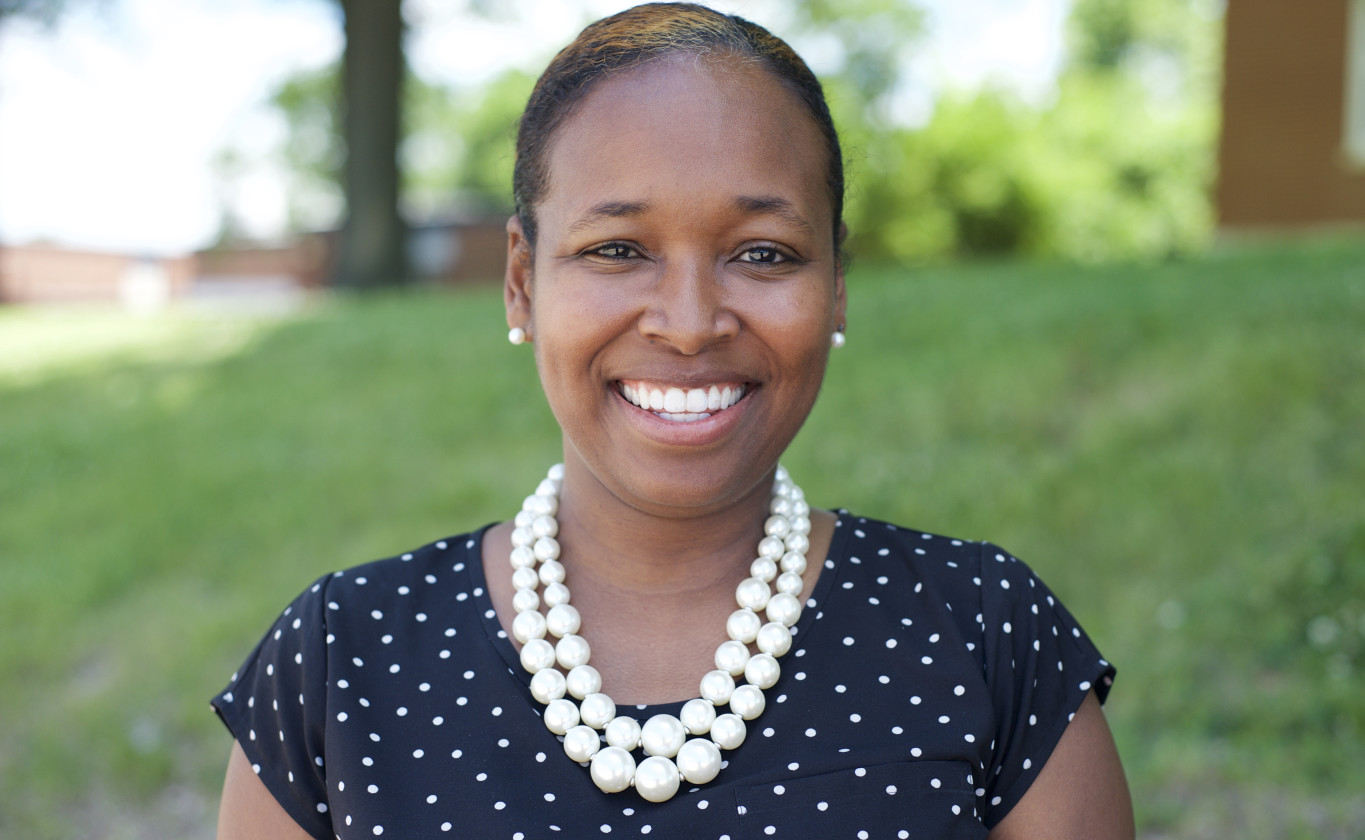
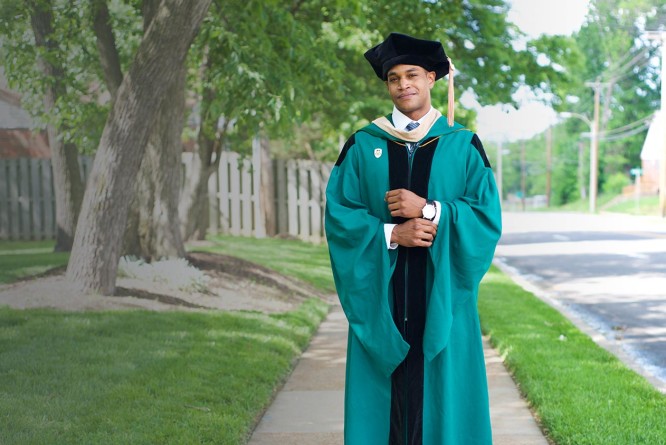
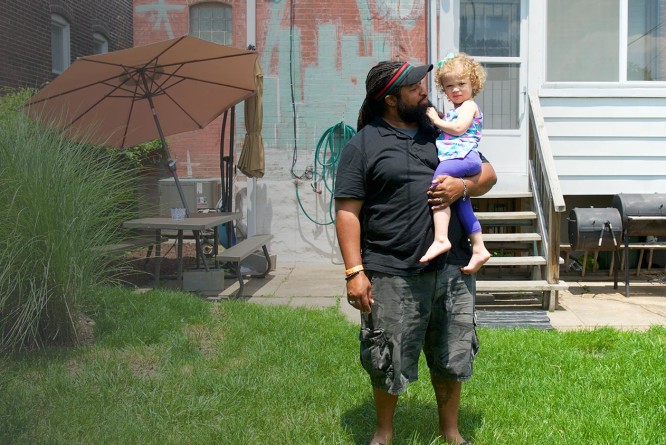
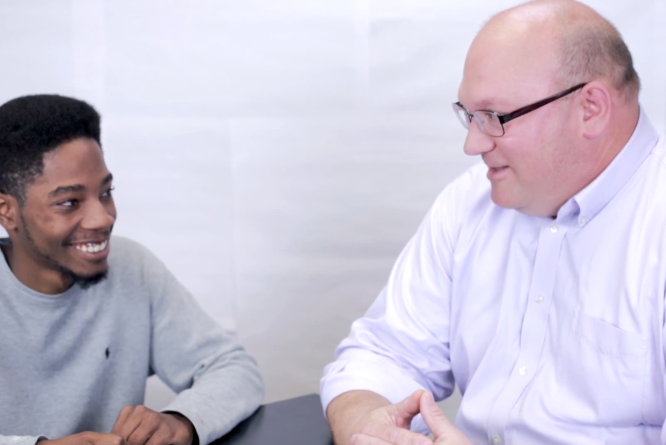
#FwdThruFerguson